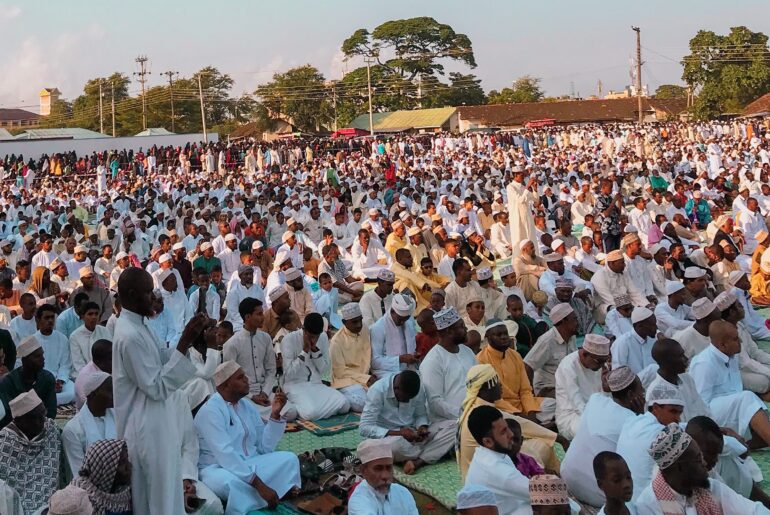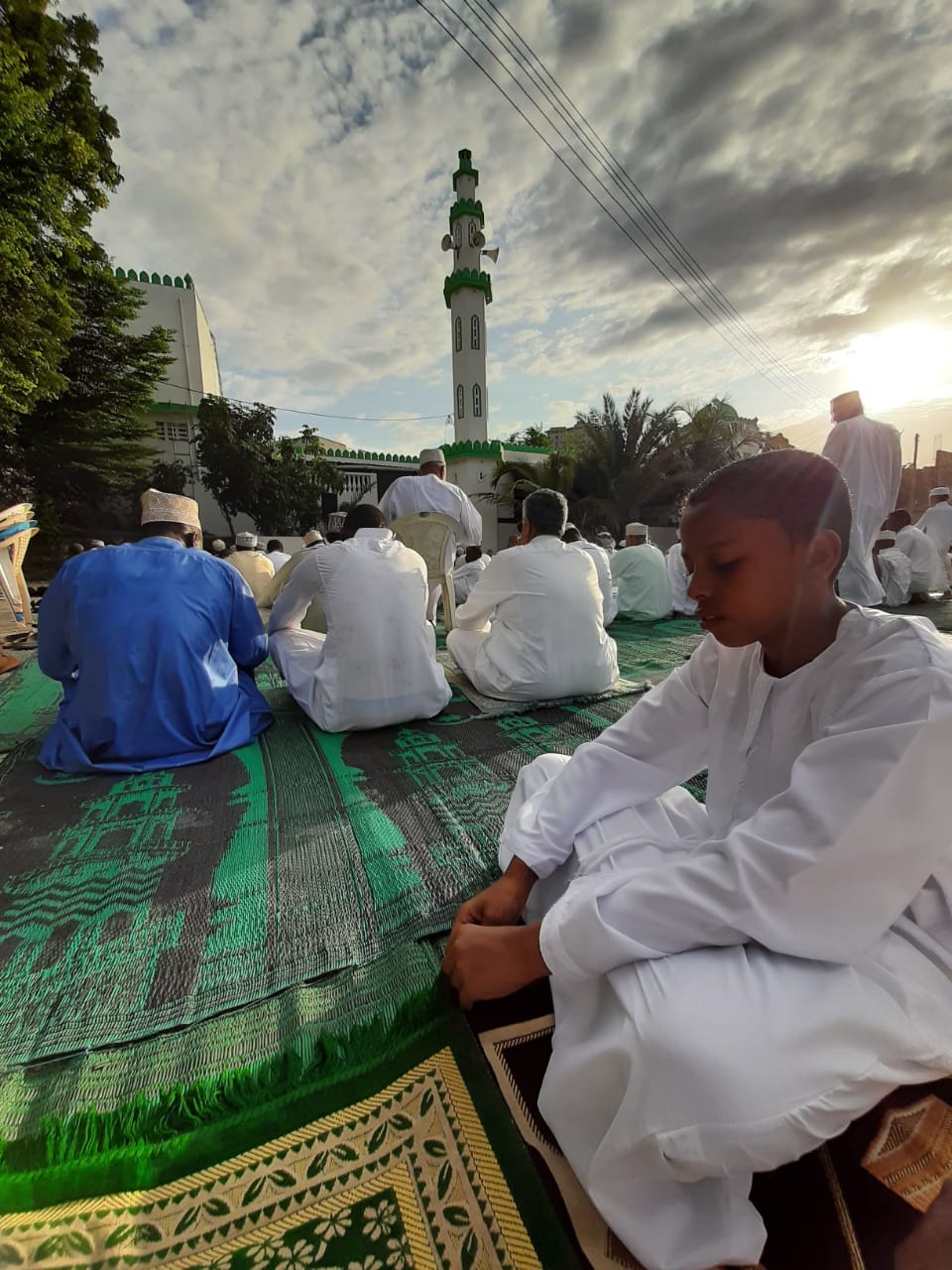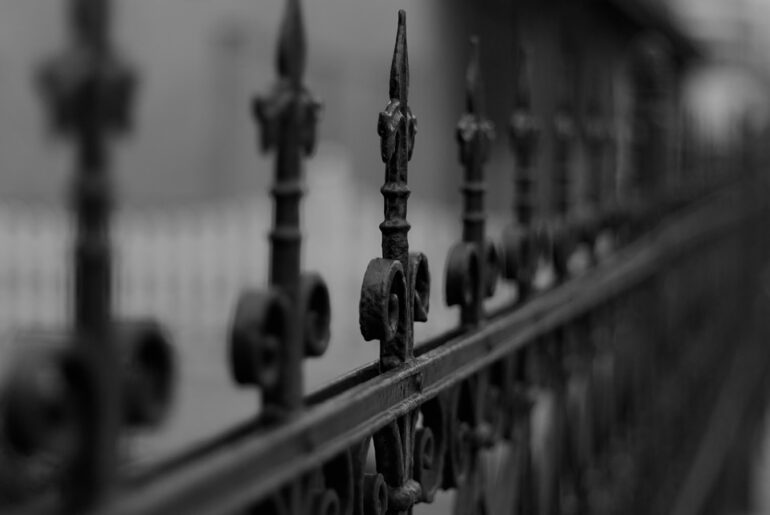This article (edited version) was first published on ‘Travel Log Magazine’ an insert of Standard Newspaper on 9/1/2020
When you travel out of your country, for whatever reason, there will always be expectations imposed on you. Nothing will be said to you directly nor is there an old, smelly manuscript by the ancestors stating what is exactly expected of you. However, they still exist. And the moment you just step down from the airplane, your entire community awaits you.
1. Suddenly, you have become the elite of the community and being elite, comes with a price.
It doesn’t matter whether you went out of the country for studies or business or short holiday, especially when you currently live there, you are a different person of a different status now. And status comes with expectations; ‘when will you build your parents a kahouse at the farm at least they enjoy their old age?’ ‘Your uncle has been very ill. You should chip in in his medical bill.’ ‘Are you going to sponsor one of your siblings’ education now that you live in Australia?’
Now, no one really knows what you are doing there; the struggle, the high cost of living or even your earnings, but apparently, being out there somehow makes you wealthy. It could be so but perhaps not. Who cares to ask anyway?!
2. Your entire extended family and community that sometimes don’t even recognize you, expect gifts.
A few weeks or even months before your awaited arrival, the requests start coming in from your aunty who doesn’t really like you, your old friends you haven’t talked to in a year, your ex-neighbor who once did you a favor decades ago…you name it. Someone wants that designer perfume that isn’t available in Kenya, another wants a blow dryer they saw on TV, another wants a kasmall laptop tu.
All this while, no one asks you whether you can afford it or not. Whether you have the ability to get the item or whether it will inconvenience you. Si uko ulaya? Haya! Deal with it!
3. Somehow, sometimes, a change of accent is considered betrayal of sorts.
‘So you went to live with the wazungus so now you know better eh? You can’t even speak like us anymore!’
Somehow, maintaining your accent equals to honouring your roots. So doing the opposite get people to gossip how your foreign accent is ‘pretential’ and ‘forced’ even though at their own seclusion, in front of their mirror, they try to imitate ‘your enhanced accent’ wishing they were you.
4. You MUST have adopted some of their mannerisms isn’t it?!
Queer questions will start streaming in, ‘I hear that there is an indigenous community there that eat crows, did you try it out too?’ ‘I heard that in their culture, they believe in unicorns, do you think they really exist?’ ‘There is a new Korean series, did you watch it while there?’
I mean, there MUST be something new you picked from them right?!
5. Come cook us a Turkish meal.
You’ve been in Turkey for how long again? 2 years?! You should prepare us a Turkish cuisine! I mean isn’t that the first thing after language that people learn in a new country?!
6. My friend, if your grandfather, your parent or any other individual was supporting you financially before, your travelling/living abroad cancels that automatically. You are now expected to act like a fully independent and a grown up finally! Your problems no longer exist and someone else definitely deserves the finances. I mean, who lives in Canada while being poor?! (even if you went to work there as a home care taker). You can never be broke. You can be broquè though; the elite, classic kind of lacking money. (It should be added on Modern dictionary!)
7. In fact, you are the loan guy now. You are the first person everyone thinks of when they are in trouble. The first person your reckless cousin calls when caught by the police for over-speeding. The first person to call when someone gets admitted to school. The first person invited to a baby shower or wedding. You are expected to act like a malfunctioning ATM machine.
The expectations come in different shapes and forms but the bottom line is this: for you to be respected, some of these expectations must be fulfilled. Once you gain the respect, no doubt, the entire community will be fond of you. Upon your arrival back home, you will be invited everywhere and be over-fed until you can barely walk on your two feet. You will be treated like a dignified individual even with people who never cared about you prior your ‘life-changing journey’. They will ask you for advice on the new business they want to start or anything else that you entirely have no idea about.
You will be forgiven for your otherwise unacceptable behavior. They will cut you some slack when you confront your elder with a rude tone, something that would otherwise have caused a hefty slap on your face. They will say things like, ‘He has been away for so long, the culture is different there’ and follow it with a moment of painful silence. Your younger cousins will call that privilege. The ones older than you will call it misuse of privilege.
When you are away, people will make video calls. The children will proudly tell their friends at school, ‘I have an aunty in London. Aha!’ That statement will be used as a means to gain friends, appear more likeable, bully other kids or threaten them. Family gatherings will be incomplete without you.
The chief of the mtaa will refer to you in the baraza meetings. Your mother will never refer to you by your name but instead say, ‘Si you know my eldest son? The one in Qatar, working as a manager?’
You are the pride of the community. Don’t let them down. Don’t forget your roots huh!
***
Don’t forget to subscribe below please 🙂

















